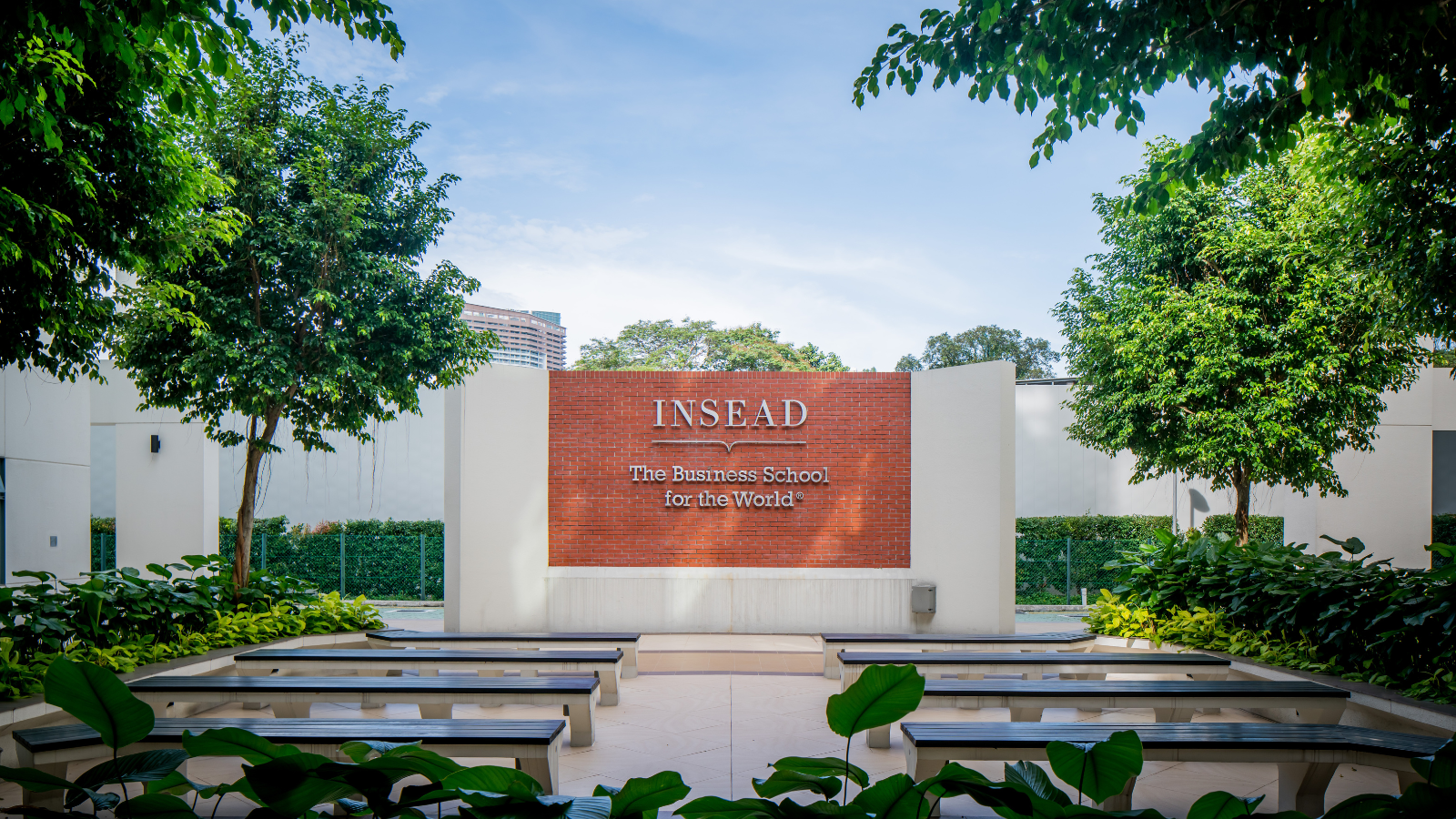
Why I Chose INSEAD Over US Schools
That's it, you've completed the GMAT, spent hours on submitting applications, got excited with each interview invitation and now, after all this exhilarating long journey - you are holding offers from multiple b-schools. Good job!
I thought I would be the happiest man alive had I gotten only one offer out of the plethora of schools I've applied to.
But I had no idea that holding three offers would give me such a headache and about a month of practically sleepless nights!
Bit of background: I'm Roy, 30 years old from Tel Aviv and my background is mainly in tech startups. I founded an e-learning platform for Israeli high school students, then took the position of business development manager for an adtech startup and my most recent position was chief product officer for an HR services marketplace.
I am targeting both consulting and big tech and this shift was one of the main reasons for me to pursue an MBA, and as you could guess from the first paragraphs, I applied for several schools and was fortunate enough to obtain multiple offers.
I chose INSEAD eventually, and it was one of the hardest and probably most significant decisions of my life. This is why I chose INSEAD, and if you're in the same boat, hopefully you would find some helpful insights here:
One year vs. two years
This was a tough one. While there are strong arguments to be made in favour of each, the two factors I was most focused on were the ROI and the recruiting process with no internship.
For the ROI argument, you just cannot compare a 1-year programme with a 2-year programme, no matter how you twist it. The fact that you are back in the market after less than a year, despite lower average salaries in the EU compared to the US, breaks the charts.
The second argument was much closer, and I was concerned it might be harder to get into the companies I am after with no brand name employer on my CV, an ailment that an internship could solve.
However, after doing my own research, I've come to find that getting an internship is pretty similar to a full-time job in terms of the recruiting process, meaning that if I don't have what it takes to get a full-time offer - I probably wouldn't be able to get into an internship as well. The only downside of no internship is that I won't get a chance to get a feel of the company I am targeting for my full-time position but that's a small price to pay for being out of the job market for 10 months. Besides, you can always opt for a January intake and have an internship in your programme.
Visa Issues
This was definitely the most critical factor for me and my wife. It is no secret that it is getting harder and harder for MBA's in the US to get a working visa and stay there post-graduation. Coming from Israel and being an Italian national as well, targeting Europe means I am mitigating my visa risk for me and, more importantly, for my wife, completely. Remember we mentioned ROI earlier? Just the thought of me not being able to stay and work in the US and going back to Israel with my MBA loan gave me the chills.
Worldwide alumni network
While not a major factor in the decision, it did play a part. I am bound to go back to my home country eventually, and having a broader alumni network in my country and the vicinity felt like a greater added value for my future and my career.
The people!
Eventually, this tipped the scale. Although it is completely subjective, and may vary even from class to class, I felt "at home" whenever I was in touch with either alumni, the school's staff, or my future classmates (with whom I just came back from the pre-MBA trip to Ibiza, but that's for another post),
I just felt like these are the people I want to surround myself with for the next year.
The amount of help I got from people I haven't even met yet through our 19J WhatsApp group, or the fact that Katy Montgomery, head of the career centre at the time, dedicated time to have a phone call with me to answer all the questions I have as a prospective student, says it all.
Again, this could have been my own individual experience but what you could take from this is make sure you familiarise yourself with the staff, alumni, and future classmates of your designated school and see where you have the strongest connection.
The rationale behind that, in my opinion, is that an MBA is a place for you to reach new heights and fulfil yourself, and what better setting to do it than being surrounded by the people who you feel most comfortable with?
There you have it, these were the main factors in my decision, which was nothing but easy, and I hope I managed to untangle some of the conflicts you have going on in your head right now thinking what to choose.
Whatever you decide, I would recommend to not take it lightly, as it does entail where you are going to live and work for the next few years but with that said, I will finish with what everyone told me when I asked them "so, which school should I go to?" - you have a positive headache, and you will have a great experience no matter what you decide!




